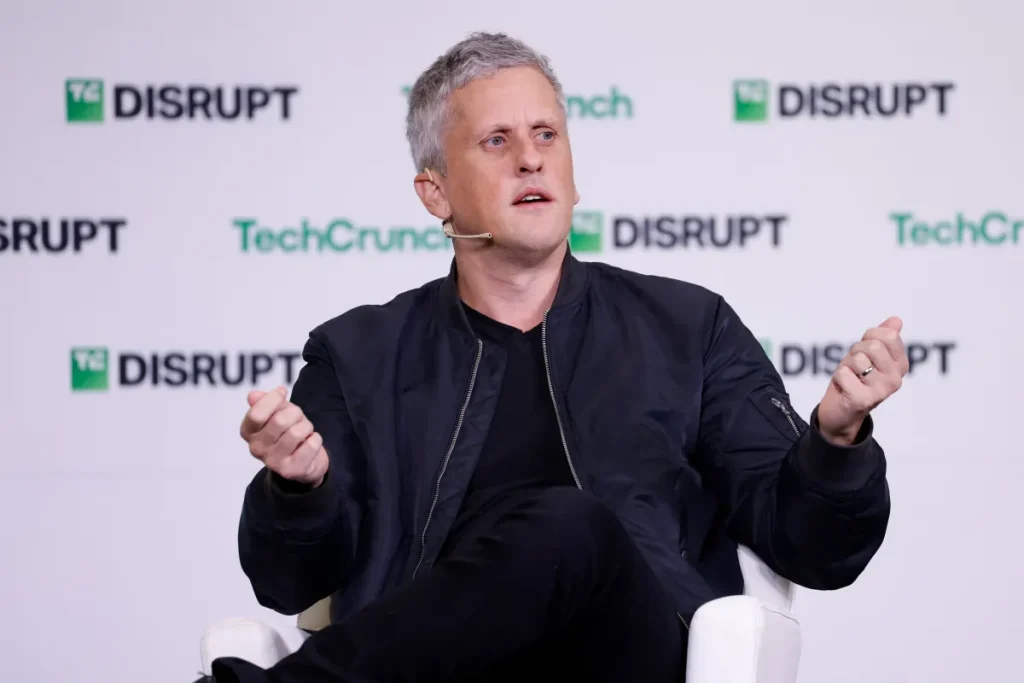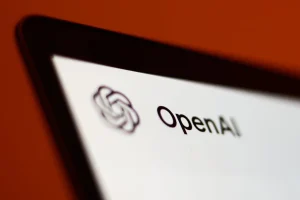Box CEO Aaron Levie Discusses AI’s Impact on Enterprise SaaS Evolution

Image Credits:Getty Images for TechCrunch / Getty Images
The Future of Enterprise SaaS: A Hybrid Model with AI Agents
In a rapidly evolving technological landscape, the integration of AI continues to gain momentum. At the forefront of this conversation is Aaron Levie, co-founder and CEO of Box, who recently shared his insights at the TechCrunch Disrupt 2025 conference. Contrary to widespread fears that AI agents might entirely replace enterprise SaaS (Software-as-a-Service) companies, Levie envisions a more collaborative hybrid future.
The Hybrid Model: SaaS Meets AI Agents
Levie articulates a future where SaaS systems serve as the backbone for core business workflows while AI agents enhance these processes. He emphasizes the importance of maintaining “deterministic systems,” especially when relying on complex business processes. The risks associated with inconsistency are high, requiring a stable approach to technology deployment.
Defining Business Logic
According to Levie, once a business process is established, it is crucial to encode it into reliable, deterministic systems. Doing so mitigates risks associated with sudden changes, which can lead to severe setbacks. He cites instances where reliance on agents has led to data leaks or other unintended consequences, highlighting the need for a clear delineation between deterministic and non-deterministic components in software.
Enhancing Decision-Making and Automation
In Levie’s vision of enterprise software, AI agents are tasked with assisting in decision-making, automating workflows, and enhancing user efficiency. Instead of replacing existing SaaS applications, these agents would function on top of them, creating a seamless experience. This dual-architecture approach allows companies to leverage the reliability of SaaS while harnessing the flexibility and speed of AI agents.
The Shift in Business Models
The integration of AI agents into enterprise software is not just about enhancing functionality; it also necessitates a shift in business models. Levie predicts that the number of agents will significantly outnumber human users—potentially by a factor of 100 to 1,000. This pronounced increase means that traditional “per-seat” pricing structures will become outdated.
New Consumption-Oriented Models
As agents proliferate, companies will likely transition to consumption and volume-based models tailored for AI agents. This shift presents an opportunity for startups to innovate and capture market share by developing solutions designed for the agent-first era, as opposed to traditional enterprises that may struggle to adapt.
Opportunities for Startups
Levie observes that startups have a unique advantage in this new landscape. Without existing business processes to overhaul, these agile businesses can design entirely new workflows optimized for AI integrations. By taking an agent-first approach, startups can seize the moment to build solutions that facilitate change management in enterprise settings.
A Window of Opportunity
Levie encourages entrepreneurs to take advantage of this transformational period. He notes, “We are in this window right now that we have not been in for about 15 years, which is—a complete platform shift is happening in tech that’s opening up a spot for a new set of companies to emerge.” This sentiment encapsulates the current environment for tech innovation, where the potential for groundbreaking applications awaits exploration.
Conclusion: Capitalizing on Change
As the enterprise SaaS landscape continues to evolve, the integration of AI agents offers exciting possibilities. Levie’s insights provide a roadmap for navigating this transformation: focus on creating hybrid systems that enhance business workflows while being mindful of the risks involved.
For entrepreneurs, the challenge lies in capitalizing on this unique shift. The convergence of SaaS and AI agents not only enriches the potential for innovation but also presents an opportunity to redefine how businesses operate in the digital age.
By harnessing the capabilities of both deterministic software and AI agents, enterprises can position themselves to thrive in an increasingly complex business environment. The message is clear: now is the time to exploit this window of opportunity and build the future of enterprise software.
Thanks for reading. Please let us know your thoughts and ideas in the comment section down below.
Source link
#Box #CEO #Aaron #Levie #changing #enterprise #SaaS #landscape





